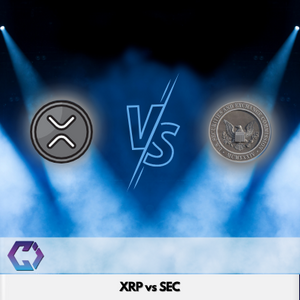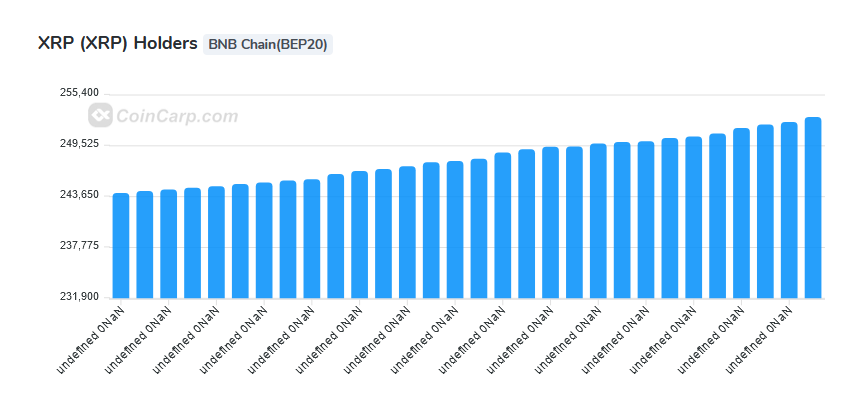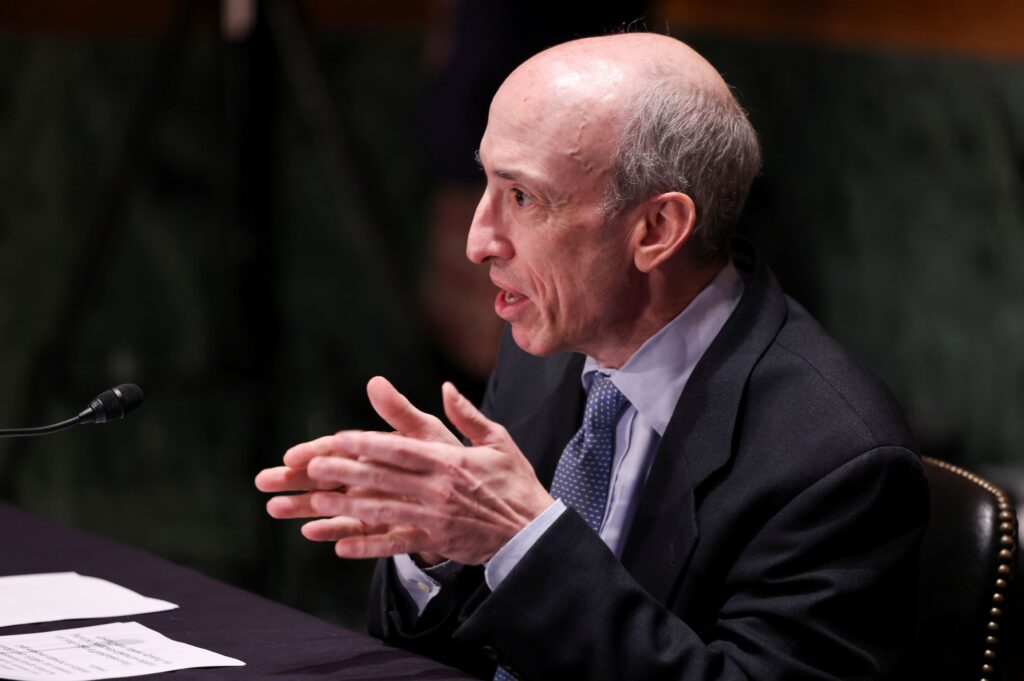
The XRP and SEC lawsuit refers to a legal case brought by the United States Securities and Exchange Commission (SEC) against Ripple Labs, Inc., the company behind the cryptocurrency XRP, and its two co-founders, Brad Garlinghouse and Chris Larsen. The SEC alleges that Ripple and its co-founders violated federal securities laws by selling XRP, a digital asset, as an unregistered security to investors.
The case has garnered significant attention from the cryptocurrency community and has important implications for the future of XRP and other digital assets.
The SEC’s complaint, filed in December 2020, alleges that Ripple and its co-founders raised over $1.3 billion through the sale of XRP to investors, with the majority of the sales occurring after the SEC’s 2017 DAO Report, which provided guidance on the application of federal securities laws to digital assets. According to the SEC, XRP is a security and as such, should have been registered with the agency before being sold to investors.

Ripple and its co-founders have denied the allegations and have argued that XRP is a currency, not a security. They have also pointed to the fact that XRP has been widely traded on exchanges and used as a medium of exchange for goods and services, similar to other cryptocurrencies such as Bitcoin and Ethereum.
The case is currently ongoing and is being closely watched by the cryptocurrency industry. If the SEC is successful in its suit, it could have significant implications for the classification and regulation of digital assets, including XRP. It could also impact the market for XRP and other cryptocurrencies, as well as the companies and individuals involved in their development and sale.
Ultimately, the outcome of the XRP and SEC lawsuit will likely have far-reaching consequences for the cryptocurrency industry and could shape the regulatory landscape for digital assets in the United States.
While the outcome of the XRP and SEC lawsuit is uncertain, there are several arguments that could be made in favor of a bullish case for XRP.
One argument is that XRP has been widely traded and used as a medium of exchange for goods and services, similar to other cryptocurrencies such as Bitcoin and Ethereum. This suggests that XRP has the characteristics of a currency, rather than a security, and therefore should not be subject to the same regulatory requirements as securities.
Another argument is that the SEC’s case against Ripple and XRP is based on outdated regulations that do not adequately address the unique nature of digital assets. Some have argued that new, more tailored regulations are needed to address the rapidly evolving cryptocurrency industry and provide clarity for companies and investors.
Additionally, there is a growing sentiment among some in the cryptocurrency community that the SEC’s action against Ripple and XRP is motivated by a desire to protect traditional financial interests and stifle innovation in the cryptocurrency industry. If this view is widely held, it could lead to increased support for XRP and other digital assets as a way to challenge the dominance of traditional financial institutions.
It is worth noting that the cryptocurrency market is highly volatile and subject to numerous factors that can influence the price of individual assets. While the XRP and SEC lawsuit may have an impact on the price of XRP in the short term, it is just one of many factors that could affect the asset’s value over the long term.
It is important to note that this is just one potential perspective on the XRP and SEC lawsuit, and that there are also valid arguments to be made on the bearish side. As with any investment, it is important to carefully consider the risks and do your own research before making any decisions.
Ripple, the company behind the cryptocurrency XRP, has obtained a large number of emails and documents from the Securities and Exchange Commission (SEC) as part of its legal case against the regulatory agency. The SEC has filed a lawsuit against Ripple and its founders, alleging that XRP was illegally sold as an unregistered security. Ripple and its founders have denied the allegations and are fighting the case in court. The documents, known as “the Hinman documents,” were obtained after an 18-month legal battle to collect discovery materials. Ripple’s general counsel, Stuart Alderoty, announced the news on Twitter, calling it a victory in the ongoing legal dispute.
The documents obtained by Ripple from the Securities and Exchange Commission (SEC) relate to a speech given by former SEC Director William Hinman in 2018, in which he stated that Ethereum, like Bitcoin, was “sufficiently decentralized” and therefore not subject to federal securities regulation. Hinman’s comments have been a key point of discussion in debates about cryptocurrency regulation and have played a role in the SEC’s lawsuit against Ripple, which alleges that Ripple illegally sold XRP as an unregistered security. XRP, which has a market capitalization of $22.3 billion and is currently the sixth-largest cryptocurrency according to CoinGecko, is at the center of the SEC’s legal case against Ripple.

SEC Chair Gary Gensler said “It is the responsibility of cryptocurrency firms to comply with existing regulations”
In the past month, a federal district judge ruled in favor of Ripple’s request to access documents from the Securities and Exchange Commission (SEC) that the company believes will provide insight into the internal discussions and deliberations that led to the declaration that Bitcoin and Ethereum are not subject to federal securities regulation. The SEC had previously tried to prevent Ripple from accessing these documents. Ripple believes that these documents could support its case in the ongoing legal battle with the SEC, which alleges that Ripple illegally sold XRP as an unregistered security. Some industry experts had previously doubted the relevance of these documents to Ripple’s case, but Ripple’s general counsel, Stuart Alderoty, has stated that these assumptions are incorrect.
It is worth noting that the current chair of the Securities and Exchange Commission (SEC), Gary Gensler, has not publicly commented on the assessment made by former director William Hinman regarding the classification of Ethereum as a security. Gensler has only made statements about Bitcoin, avoiding the topic of Ethereum that Hinman addressed in his speech.




































































































































































































